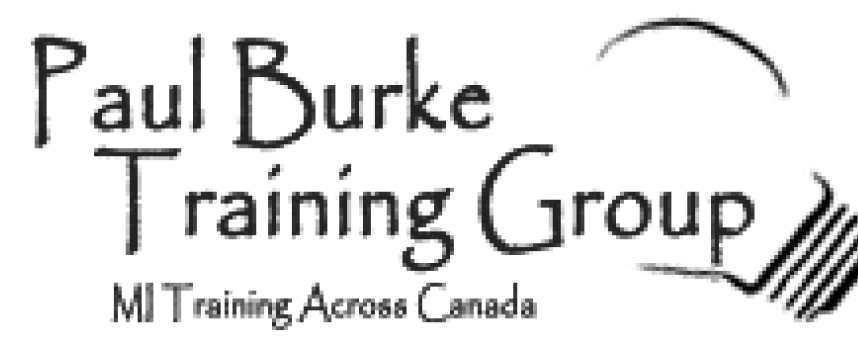MI conversations rarely begin with a decision to make a plan, or even with asking people why they want to change (or not).
Instead, the competent use of MI involves deliberate, strategic, and guided movement in and out of four conversational processes. Core MI skills are used in each of these processes which are fundamental to what research shows are some of the “causal mechanisms” within MI conversations when they are successful.
The Process Of Engaging
In MI work, engaging is used as a verb – or an “action word”. There are a number of engaging practices that serve to help MI facilitators to engage with their clients. (It’s noteworthy here that we are not talking about the client engaging with the MI provider – at least not initially).
To be effective, MI providers must work carefully, and skillfully, to learn how to see the issue that is under discussion – from the client’s point of view. This involves a process of engaging with the client’s logic, accurately, and deeply – until the client confirms that the interviewer has “got it”. Depending on the complexity of the issue and on the skill level of the interviewer, engaging with the client’s thinking may take a matter of minutes, and in other cases it can take much longer.
Once the client has validated that the interviewer is on the same page as the client (feels understood by the helper), the client then often begins to feel comfortable to engage more in a discussion about the downsides and upsides of change, and in points of view that may differ from those which expresses at the beginning of an interview. Once both participants in an MI interview are actively engaged, the interviewer then creates opportunities to transition into a focusing process that brings clarity to the nature of the change that is the subject for activation.


The Focusing Process
Most clients bring multiple concerns, worries, and challenges into their conversations with MI providers. It’s impossible to be effective without finding ways to structure the conversation in such a way that the client and provider can find a mutual point of focus. It’s a major stumbling block in MI work if the provider prematurely focuses without adequate engagement with his/her client (e.g. the Premature Focus Trap). That said, it’s just as big a threat to the usefulness of an MI conversation if the provider doesn’t work with the client to establish a focus, or if the provider begins evoking change talk, or planning for change, when the client has a different focus in the back of their mind!
The Process Of Evoking
Evoking the client’s own motives (reasons) for change is such a fundamental part of the work of MI that it is a core component of the “official definition” of MI:
“MI is a collaborative, goal-oriented style of communication with particular attention to the language of change. It strengthens personal motivation for and commitment to a specific goal by eliciting and exploring the person’s own reasons for change within an atmosphere of acceptance and compassion.”
(Miller and Rollnick, 2013, in MI-3)
Pulling out (evoking) the client’s own thoughts and ideas about the agreed-upon focus is central to the person-centered approach that underlies MI work. After an interviewer and client have identified a focus that could eventually lead to the establishment of a change goal, the process of evoking the client’s motivations to pursue those goals is a major key to eventual success. What does the client want in relation to the change-target for the discussion? Why does the person need change in the focus area(s)? What are his/her reasons for wanting the situation to change? How might he/she get the change started? What information would this person like to get from you? Eventually, enough desire, ability, reason and need-language emerges from the client to signal a need to shift the emphasis onto planning.


The Planning Process
“Planning encompasses both developing commitment to change and formulating a specific plan of action. It’s a conversation of action that can cover a range of topics, conducted with a sharp ear for eliciting the client’s own solutions, promoting their autonomy of decision making and continuing to elicit and strengthen change talk as a plan emerges.”
(Miller and Rollnick, in MI-3, p.30)
By the time an MI conversation is ready to move to a plan, the client is often asking for input from the interviewer as to what his/her options are. Sometimes clients even engage the assistance of the interviewer and ask for suggestions, or for advice, or for other help in constructing a logical plan that will support the process of getting on with the change (sometimes “therapy” of some kind, or a referral to a program or a helping professional, or a series of “check-ins” with the interview to monitor progress and follow-through on the plan.
Where Do We Offer Training In Canada?
Alberta, AB, Saskatchewan, SK, Manitoba, MB, Ontario, ON, New Brunswick, NB, Nova Scotia, NS, Newfoundland, NL, Prince Edward Island, PE, British Columbia, BC, Yukon, YK, Northwest Territories, NT, Nunavut, NU.
